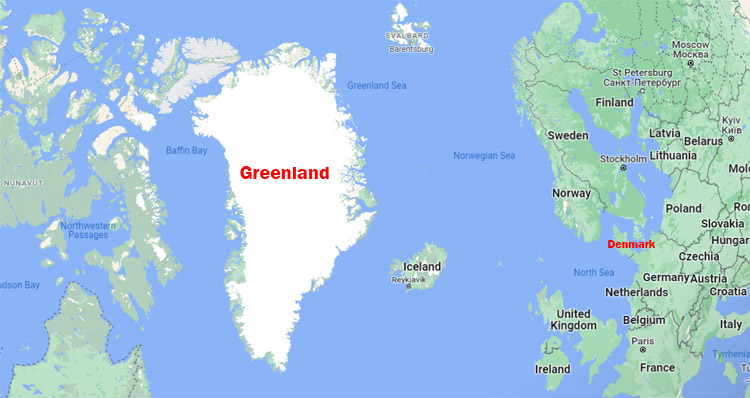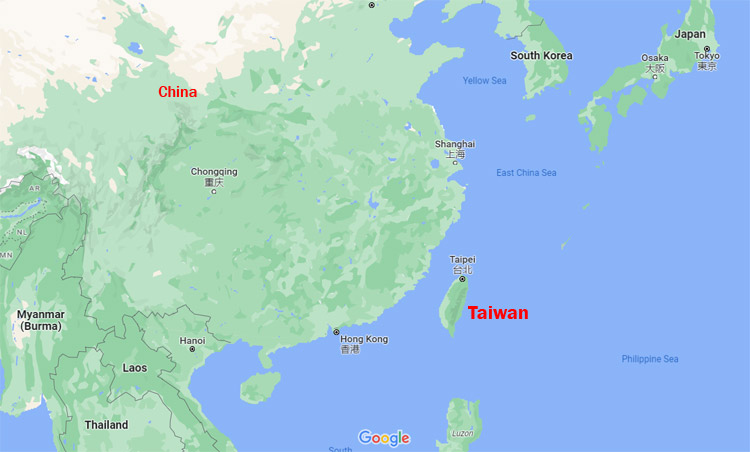INDIAN ARMED FORCES CHIEFS ON OUR RELENTLESS AND FOCUSED PUBLISHING EFFORTS

The insightful articles, inspiring narrations and analytical perspectives presented by the Editorial Team, establish an alluring connect with the reader. My compliments and best wishes to SP Guide Publications.

"Over the past 60 years, the growth of SP Guide Publications has mirrored the rising stature of Indian Navy. Its well-researched and informative magazines on Defence and Aerospace sector have served to shape an educated opinion of our military personnel, policy makers and the public alike. I wish SP's Publication team continued success, fair winds and following seas in all future endeavour!"

Since, its inception in 1964, SP Guide Publications has consistently demonstrated commitment to high-quality journalism in the aerospace and defence sectors, earning a well-deserved reputation as Asia's largest media house in this domain. I wish SP Guide Publications continued success in its pursuit of excellence.
- A leap in Indian aviation: Prime Minister Modi inaugurates Safran's Global MRO Hub in Hyderabad, Calls It a Milestone
- All about HAMMER Smart Precision Guided Weapon in India — “BEL-Safran Collaboration”
- India, Germany deepen defence ties as High Defence Committee charts ambitious plan
- True strategic autonomy will come only when our code is as indigenous as our hardware: Rajnath Singh
- EXCLUSIVE: Manish Kumar Jha speaks with Air Marshal Ashutosh Dixit, Chief of Integrated Defence Staff (CISC) at Headquarters, Integrated Defence Staff (IDS)
- Experts Speak: G20 Summit: A Sign of Global Fracture
Greenland & Taiwan
The comparison between Greenland and Taiwan may seem superficial at first glance, but it is not entirely incorrect. These self-governing islands experience intense competition between the United States and China, albeit in different ways.
 |
The Author is former Chief of Staff of a frontline Corps in the North East and a former helicopter pilot. He earlier headed the China & neighbourhood desk at the Defence Intelligence Agency. He retired in July 2020 and held the appointment of Addl DG Information Systems at Army HQ. |
The analogy appears odious and outlandish when Indo-Pacific is high on the table in the just concluded G7 and the QUAD summits in Japan. But a comparison of their situations is not completely off the mark like it may look on the surface. That's because both self-ruling island entities witness rapacious US-China contestations though on different plains. Future events and power-play may unveil complex situations with complicated and unforeseen outcomes.
Firstly, a brief introduction to these two entities. Greenland is approximately 2,166,086 sq km, while Taiwan is approximately 35,980 sq km, making Taiwan 1.66 per cent the size of Greenland. Meanwhile, the population of Greenland is 57,792 people while 23.5 million people live in Taiwan. Greenland is an autonomous island territory of Denmark aspiring for independence and Taiwan is 'self-ruling' island territory claimed by China but asserting independence especially under Taiwan's President, Tsai Ing-wen.
On April 28, 2023, Greenland's constitutional commission presented a draft constitution that the autonomous territory could rely on if it comes to negotiating independence from Denmark
Denmark's claim on Greenland is specious. Greenland's present population are predominantly Inuit descended from the Thule people who migrated from the North American mainland in the 13th century AD, gradually colonising the island. The Danish claim to the island stems from Norse settlement of southern Greenland which lasted from the 980s until the early 15th century. These Norse settlements vanished during the 14th and early 15th centuries, with the Inuit being the sole occupants of the island, expanding to the southern and western coasts, and being de facto independent for over 200 years until Europeans peoples returned in 1720s. From 1720s to 1814 while Norway and Denmark had been unified, it considered Greenland part of its territory. From 1814 to 1953, Greenland was a territory directly controlled by the Danish government. In 1953 a new Danish constitution incorporated Greenland into Denmark.

In 2008 Greenland's citizens approved the Greenlandic self-government referendum with a 75 per cent vote in favour of a higher degree of autonomy. Greenland took control of law enforcement, the Coast Guard, and the legal system. Significantly, about a month back on April 28, 2023, Greenland's constitutional commission presented a draft constitution that the autonomous territory could rely on if it comes to negotiating independence from Denmark.
Will Denmark let go of Greenland in the spirit of 'freedom' and 'liberty' and 'will of the people' that are so generously used by the west when pointing fingers at others? Unlikely, because of a number of factors. As Arctic ice sheets retreat, with summertime ice coverage down to 20 per cent of its 1970s levels, deposits of valuable mineral reserves in the far north that were previously uneconomical or impossible to exploit are opening up for mining and drilling. The Arctic is estimated to have as much as one fifth of the world's remaining oil and gas reserves and huge deposits of rare earth minerals.
Greenland, estimated to hold 38.5m tones of rare earth oxides – over a quarter of estimated reserves globally, is at the frontier of the new trade and tech war between Russia, the US and increasingly China
Rare earths are a group of 17 metals that are essential to the production of electronic goods like mobile phones and batteries. Currently China is estimated to hold 50 per cent of known reserves and is responsible for 90 per cent of global production. Control over access to these supplies would have major knock-on effects in critical industries, and the US is ambitious to maintain its technological lead and rapidly expand its renewables capacity. New rare earth sources, independent of Chinese control, are therefore essential from a US point of view. This places in Greenland, estimated to hold 38.5m tones of rare earth oxides – over a quarter of estimated reserves globally, are at the frontier of the new trade and tech war between Russia, which is the resident power in the Arctic, the US and increasingly China which has the economic heft to project power through the Belt and Road Initiatives (BRI).
Denmark cannot preserve the island's sovereignty on its own in the face of increasing demands for independence, perhaps backed to an extent by Chinese investments in infrastructure such as building three airports and mining. But ceding effective control to the US would be the end of Denmark as an Arctic state.

Returning to Indo-Pacific, today it essentially rivets around Taiwan. Chinese claims on Taiwan, like Denmark's claim on Greenland, is equally specious. The Chinese Communist Party (CCP) has never controlled Taiwan, which before the end of World War II had spent centuries being colonised by the Netherlands, Spain, China and Japan. Thus, the Chinese 're-unification' agenda of President Xi Jinping is spurious, resting on the fact that at the conclusion of World War II and the defeat of Japan, Taiwan was placed under the control of the Republic of China (ROC) on behalf of the WWII Allies. In 1949–1950, the CCP drove the ROC Kuomintang (KMT) government out of China and into Taiwan. At the time, no treaty had yet been signed to officially transfer Taiwan to China. Since then, it is under 'self-rule', a status that has constrained its ability to function as a full-fledged state. Under a muscular 'One-China' policy since its spectacular economic rise, the CCP led PRC has drawn a red-line on any claims to independence.
A Chinese-controlled Taiwan could serve as a forward base, enabling China to interdict air and sea routes in the East China Sea and increase China's ability to strike at targets in Japan or Guam
Considering the geopolitical value of Taiwan is useful. Taiwan is the biggest producer of the world's most advanced chips. The fear is that in the event of a conflict, firms won't get the microchips they need to make phones and drones, set up supercomputers and cellular networks, and even build new weapons.
Strategically, a Chinese-controlled Taiwan would serve as a forward base, extending its aircraft and missile ranges another 150 nautical miles to the east. This would enable China to interdict air and sea routes in the East China Sea and increase China's ability to strike at targets in Japan or Guam. Conversely, US and allied forces would be pushed further afield, with their bases under even greater threat of Chinese missile or aircraft attack.
Russia's invasion of Ukraine last year raised the tempo round Taiwan. Will China use the Ukraine gambit as an inspiration to forcibly 're-unite' Taiwan? China rejects comparisons between Ukraine and Taiwan, arguing that any Chinese use of force against Taiwan would not be a violation of national sovereignty because Taiwan is part of China. That's the moot point of contestation.
Contrasting but comparable situation prevails over Greenland and Taiwan. The world's attention is now rivetted on Taiwan. But the Artic permafrost is also thawing rapidly, with prospects of opening up a new arena for big power rivalry.





